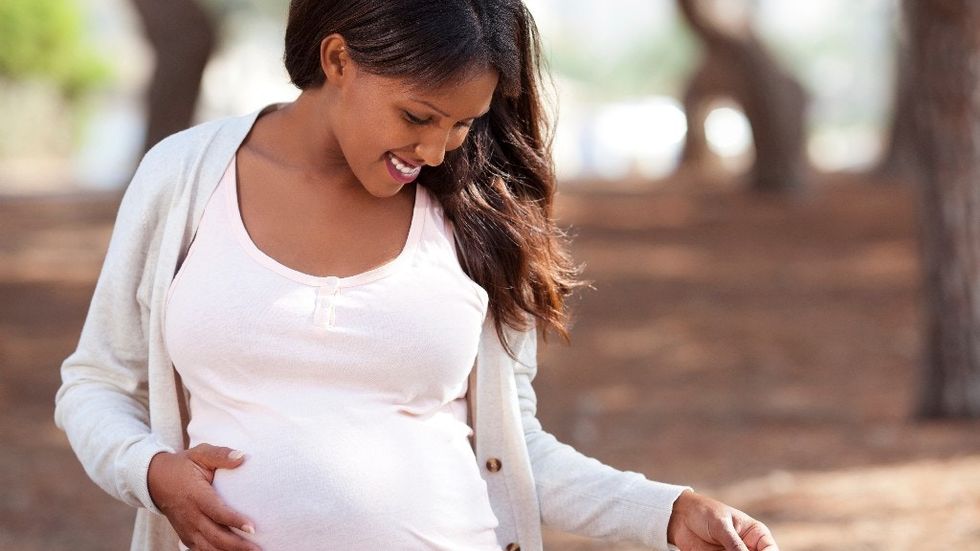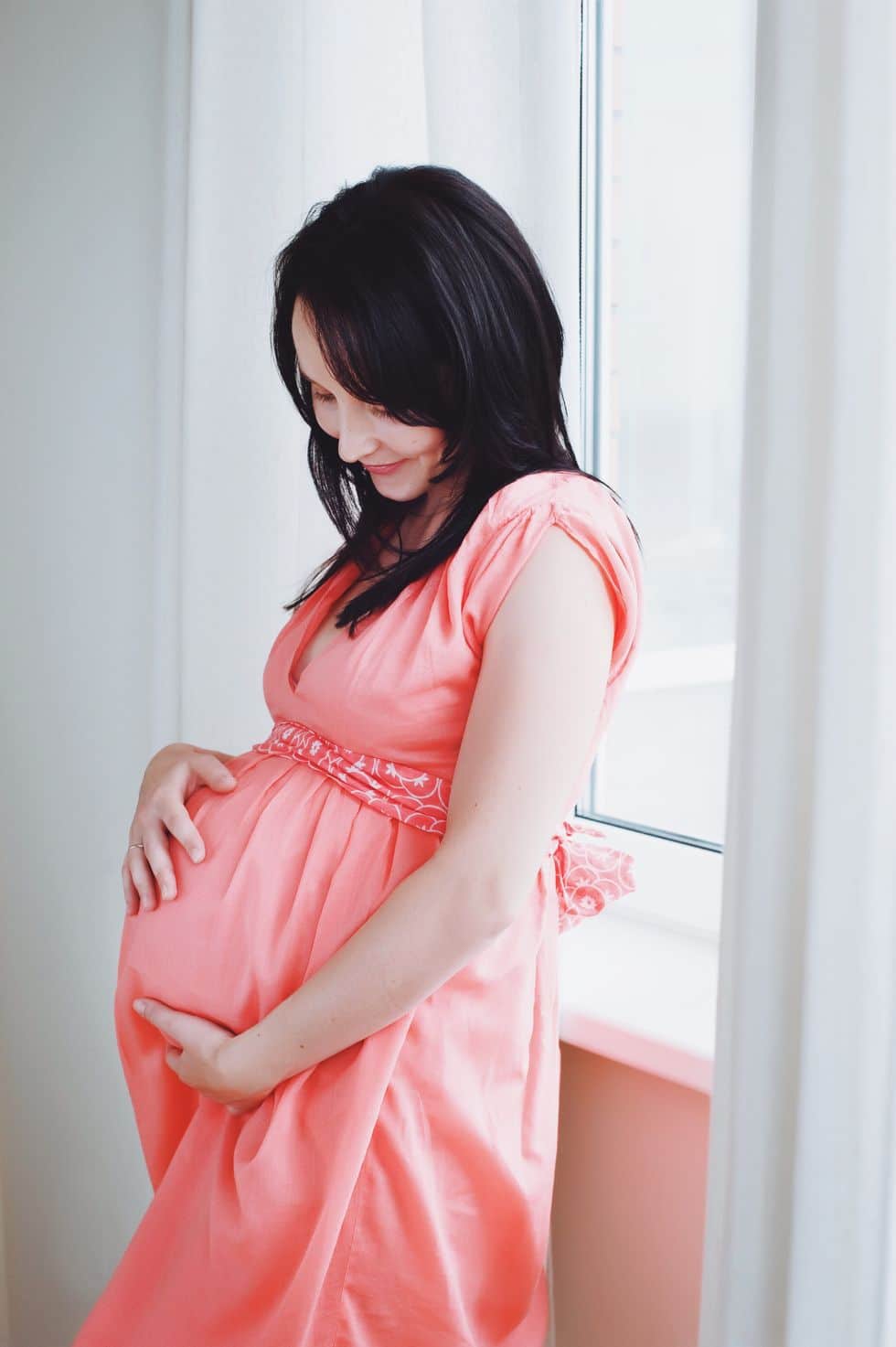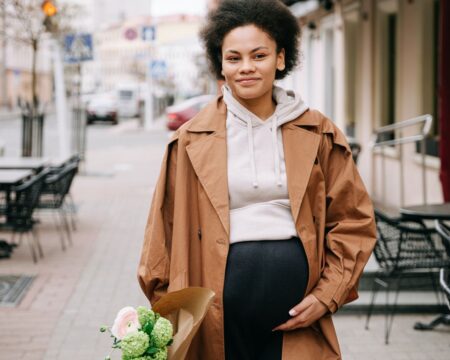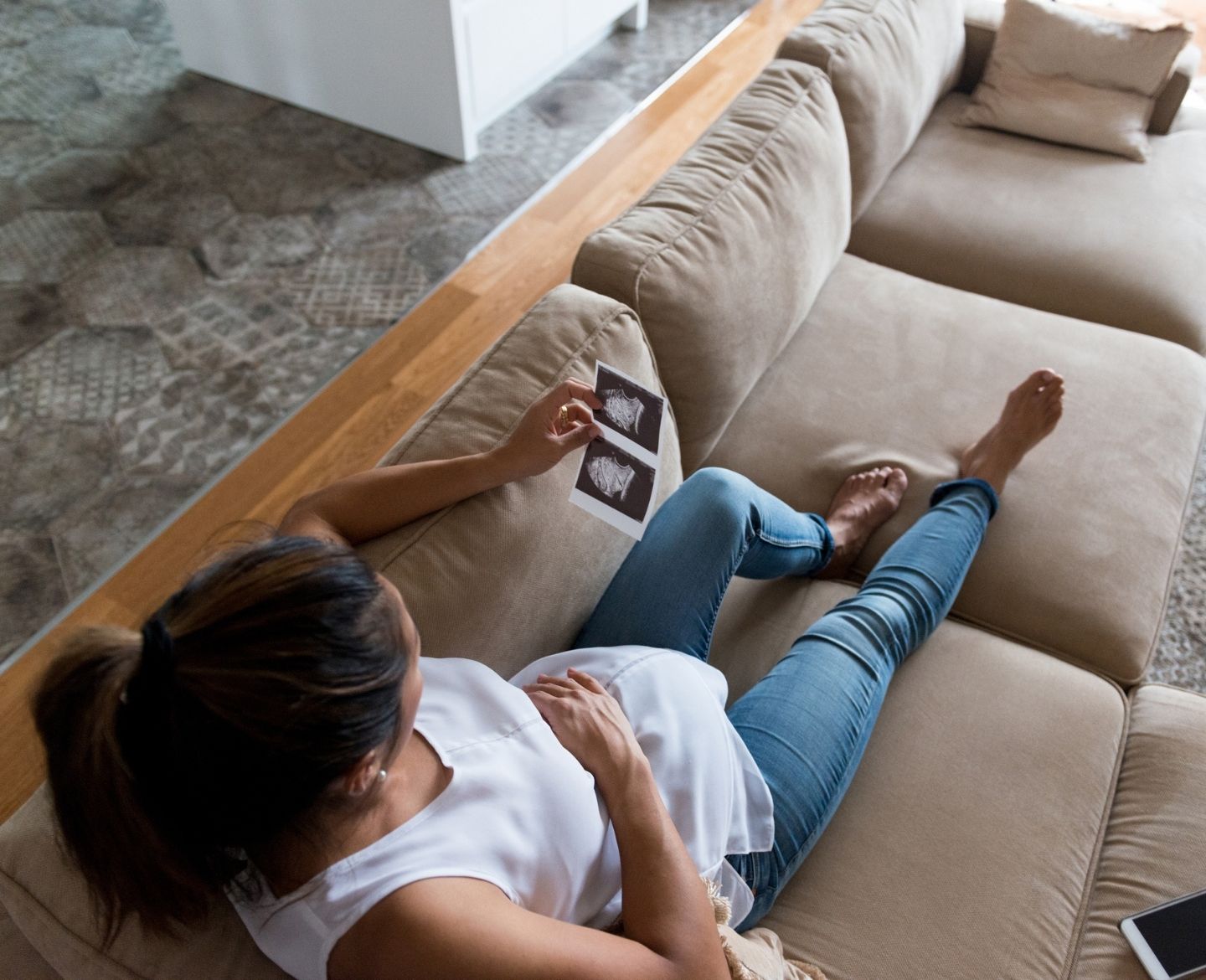It’s science: 5 ways to awaken baby’s senses in the womb
Simple ways to excite baby’s senses (and promote sensory development) before baby is even born.

Just because the world isn’t lucky enough to see or hear your baby yet doesn’t mean she can’t see or hear the world!
Baby’s five senses begin developing in the womb, and the proper development of these senses may depend on the stimuli baby is exposed to as a fetus. Already starting to worry about providing your child with developmentally appropriate stimulation?Worry not, mama!
Chances are, when your baby is in the womb, the everyday stimulation of taking a walk outside or practically inhaling that dim sum for lunch is all baby really needs to develop functioning sensory organs. In fact, too much stimulation may be just as harmful as not enough.
If you want that perfect balance to promote healthy development in utero, these ideas for exciting baby’s senses are a great place to start.
Hearing

Babies begin listening to mama and her surroundings around week 16.
Babies can remember words and stories they heard in the womb after they are born, and they even show a preference for your voice, mama! Establish good habits by reading books to your soon-to-be babe. They may get a kick out of it—and you might just get one, too! As for music, simply allow your baby to listen in to your grooves. Exposing those little ears to loud or close-range sounds, like placing headphones on your belly, may increase the risk of auditory damage.
Taste

At 21 weeks, your wee babe can taste flavors present in amniotic fluid. These flavors originate from your diet, mama, and can contribute to baby’s preferences for foods after birth. That’s right: Eating a varied, nutritious diet during pregnancy can improve baby’s health in utero and may lead to long-term healthy development as well!
Smell

Much like taste, baby can pick up on smells in amniotic fluid from the foods you eat and the aromas you smell starting around 20 weeks. Research in newborns indicates an inborn preference for yummy smells, such as colostrum (the first milk your breasts produce) and vanilla, and an aversion to harsh smells, such as detergents and disinfectants. Next time you bake cupcakes, take a moment to enjoy the aroma of the vanilla and cocoa. Or take a trip to a flower shop just to explore the scent-sations! We also recommend keeping household chores involving cleaning products to a minimum. (“Oh, honey, after you pick up the ice cream, would you mind wiping down the kitchen counters? Thanks…”)
Sight

By week 16, your baby’s eyes are developed enough to detect light from the outside world. To promote healthy visual development, focus on eating nutritious foods high in vitamin A and avoiding cigarette smoke, which can impair visual development. Although the darkness of the uterus doesn’t exactly make it a womb with a view, sunlight is bright enough to penetrate your skin and shed some light on baby. Recent research tells us that exposure to sunlight in utero can help visual development. Just one more reason to take a quiet, leisurely stroll in the sun with your growing baby.
Touch

Starting around week 19 (some would argue as early as week eight), your little bean is sensitive to tactile stimulation.
However, little evidence indicates that baby feels much of what goes on in the outside world while growing in the womb. You may instinctively place a hand on your belly as your squirmy babe kicks you in the bladder, but there’s no telling if baby can really feel your attempts at comfort. That makes it all the more important to offer tactile comfort as soon as you can once baby is born. Kangaroo care, or skin-to-skin contact, after birth is highly beneficial for baby’s physiological regulation, attachment, breastfeeding, sleep and more. Plus, it is just so nice cozying up next to that tiny little person you have been dreaming about for the past nine months.



